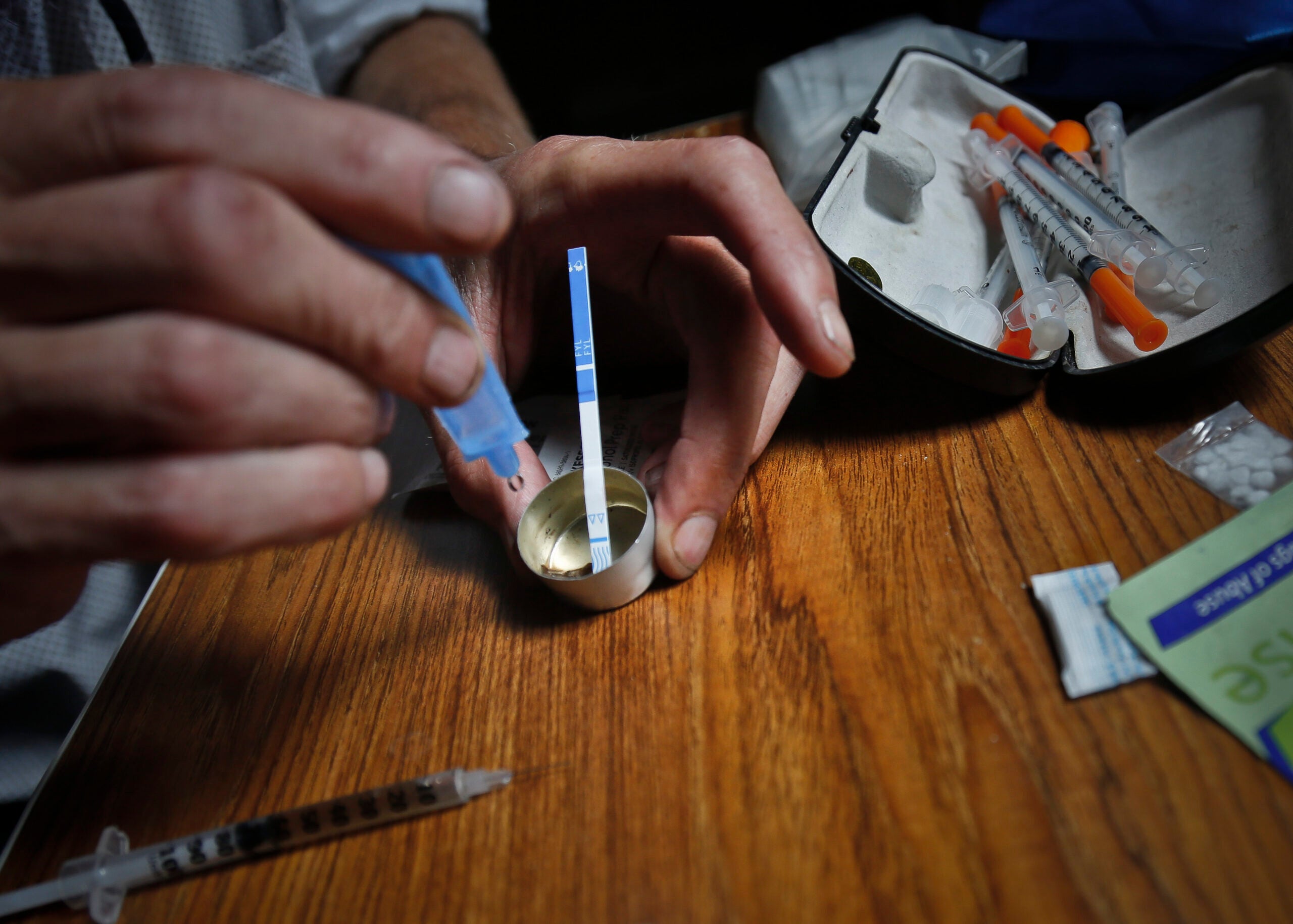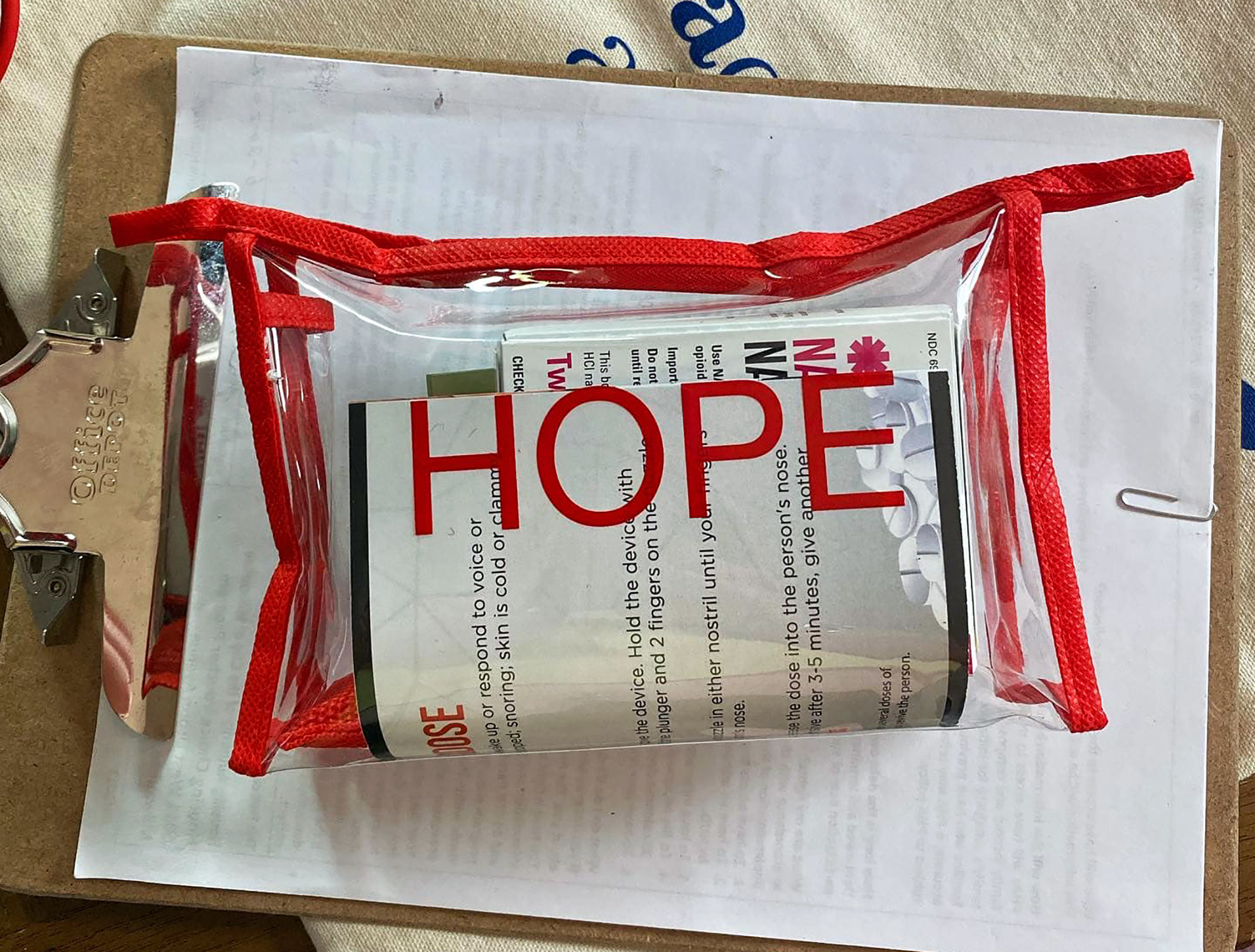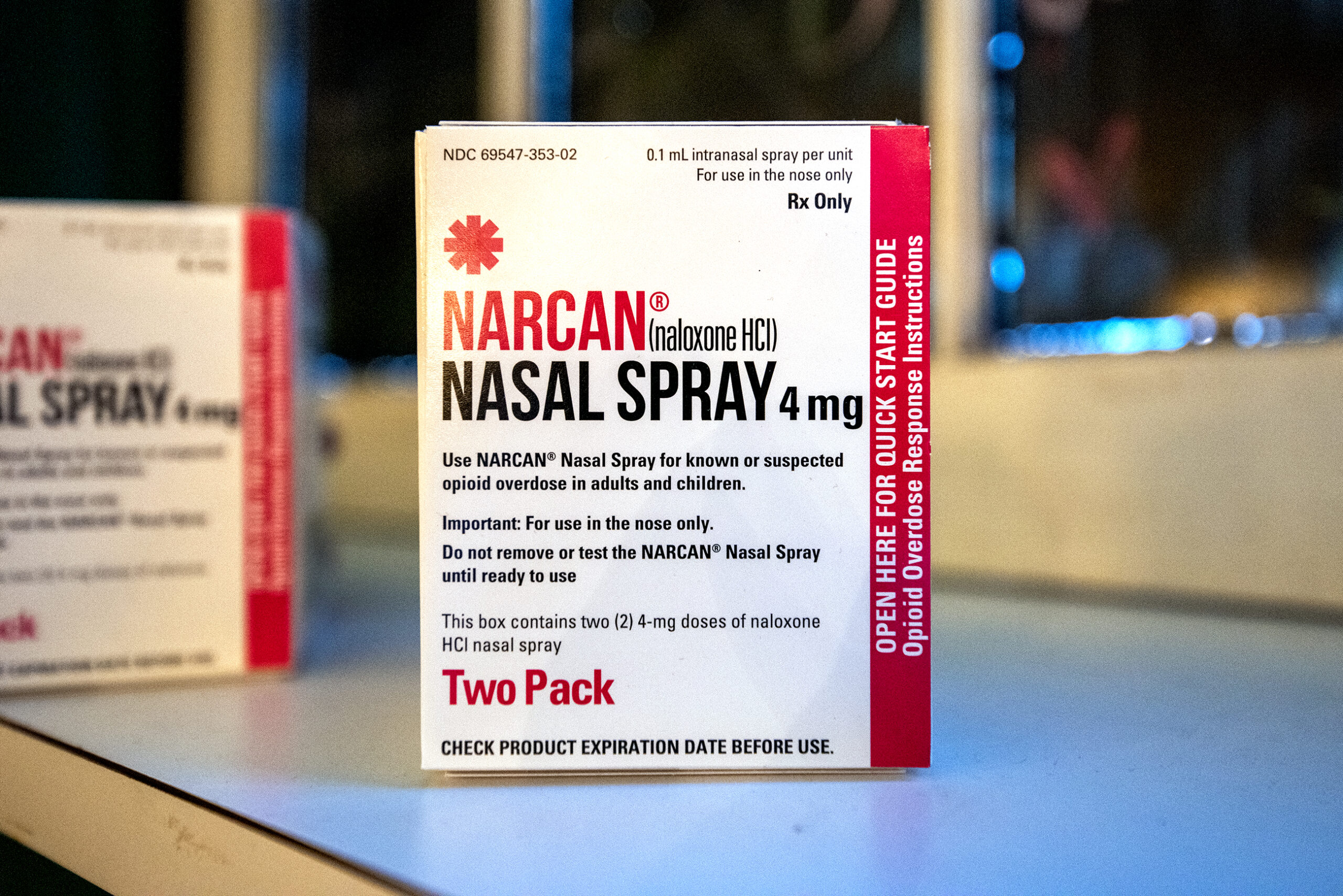Lawmakers, health providers, and law enforcement gathered in Madison on Wednesday to discuss how to tackle a heroin problem that’s been linked to prescription drug use.
The forum organized by the Evidence-Based Health Policy Project was held soon after the the Milwaukee County Medical Examiner’s Office revealed that heroin deaths there outnumbered traffic fatalities in 2014, rising 72 percent from the previous year.
Many users start with prescription drugs before switch to the cheaper, illegal alternative of heroin. The state has tried combatting painkiller abuse many ways: preventing doctor-shopping by tracking prescriptions and having collection days and dropboxes for unused medication.
Stay informed on the latest news
Sign up for WPR’s email newsletter.
State Attorney General Brad Schimel said he doesn’t want to make it harder for those who really need prescription painkillers, but that Wisconsin is having a lot of trouble with opiate abuse.
Dr. Jay Gold agrees. But Gold, who is with a health care quality group called MetaStar, said pain management has to be taken into consideration when combatting overdose and diversion of prescription drugs .
“I think its very important not to go back to the days when patients suffered unnecessary pain, which is not only distressing but can impede their healing. And I didn’t hear that today,” he said.
Schimel also said he wants law enforcement to better investigate heroin overdoses. At the same time, he said the state can’t “arrest our way out of the problem.”
“An awful lot of things came together to put us in this position and it’s going to take strong collaboration among everybody to get us out of it,” he said.
Panelists talked about Wisconsin’s prescription drug monitoring program and use of Naloxone, a drug that reverses the effects of heroin after an overdose. Wisconsin law allows people to administer the heroin-reversing drug without fear of arrest. But the Pharmacy Society of Wisconsin said most pharmacies do not stock naloxone and insurance companies may not pay for it.
In addition Scott Stokes of the AIDS Resource Center said there’s price gouging and shortages of naloxone.
Others at the forum talked about how most heroin overdoses are witnessed, meaning someone could help or call for help. Wisconsin’s Good Samaritan law provides arrest protection for those calling 911, but not drug abusers.
Wisconsin Public Radio, © Copyright 2024, Board of Regents of the University of Wisconsin System and Wisconsin Educational Communications Board.






